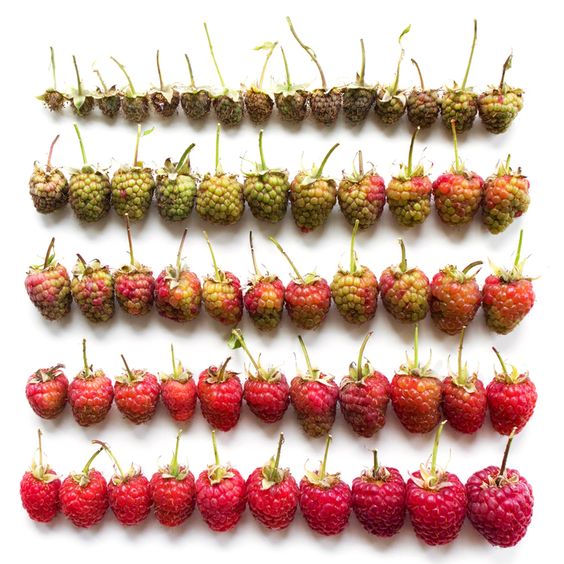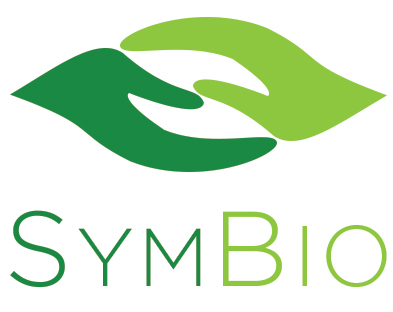G8 Climate Change Summit Paper
A Ground Up Perspective
by Tokya Dammond, President, SymBio Impex Corp.
Prior to the first Green Revolution, which began modernizing agriculture six decades ago, food production was close to carbon neutral because it was based on recycling of agricultural waste and the use of solar energy for nitrogen sequestering. Today, food production in many developed countries consumes more fossil fuels than all other sectors except for transportation. In fact, the food production industry as a whole is the leading single contributor to greenhouse gases. The development of approaches to reduce our carbon footprint should thus include strategies to alter the ways we produce food to accommodate the growing global population.
Thanks to the Green Revolution and the growth of the industrial and service sectors, families in wealthier countries spend a smaller proportion of their household income on food than they did before 1945. The caloric output of the world agricultural sector is way up. Modern agricultural productivity is feeding a rapidly growing global population. On its face, this looks like quite an accomplishment.
Modern agriculture does produce a lot of food calories. Indeed, in many sectors, it overproduces. Whether this overproduction is a net good, however, depends on what is being measured.


Sustainable Supply Chains
We are uniquely positioned to assist you.
We cultivate SymBiotic relationships by brokering partnerships and providing support at every step of the way from supply chain development to B2B marketing strategy.
SymBio has developed, stabilized and financed supply chains to meet ecological, social, and quality standards by coordinating stakeholders at the farm, processing, certification and marketing levels.
Clients include:
Organic Product List
SymBio has spent the last 25 years cultivating relationships with traditional farmers from ecologically pristine regions around the globe. They proudly grow the following foods for us:
- Aronia
- Apple
- Apricot
- Black Currant (Cassis)
- Blackberry
- Banana
- Blueberry, cultivated and wild
- Cherry, sweet and sour
- Cranberry (from Eastern Europe and Canada)
- Elderberry
- Grape (concentrates)
- Lingonberry
- Mango
- Peach
- Pear
- Pineapple
- Pomegranate
- Prune
- Rose Hip
- Raspberry
- Red Currant
- Strawberry
- Wild Strawberry
- Beet Roots
- Broccoli
- Brussels sprouts
- Butternut squash
- Сabbage in slices, white and red
- Carrots in cubes and slices
- Cauliflower
- Celery
- French fries
- Green Peas
- Green Beans, whole and cut
- Kale
- Leek
- Onions
- Parsnip
- Pumpkin
- Rhubarb
- Spinach
- Sweet corn
- Sweet potato
